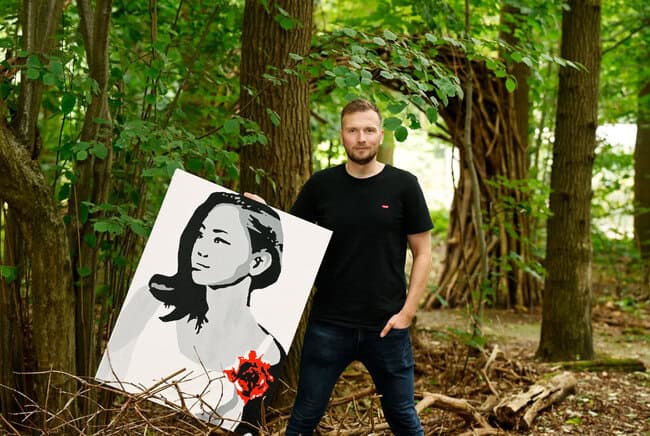
Although some have already labelled Virtual Reality as the technology that never broke through, others continue to work hard on the search for useful applications. The medical world seems to be receptive to it, as evidenced by various initiatives that are being launched all over the world. One of these is MedKitVR. During the Dutch Technology Week MedKitVR’s founders will tell more about it.
A shot from a nurse or a doctor can be very annoying for frightened children. But Virtual Reality (VR) glasses distract them, making them feel less pain during the shot. With the same glasses, a care worker can practice challenging situations with a virtual patient and thus gain experience. VR offers many opportunities for healthcare providers, doctors and patients. “I dare to predict that within five to ten years every hospital will apply VR,” says Jason van Eunen of MedKitVR.
Van Eunen and his partner Freek Teunen are using the Dutch Technology Week to update their audience on the technology behind their application, especially connected to use in hospitals.
Read more about the Dutch Technology Week 2019 here.
VR is in full development, but many possibilities are not yet being exploited, the two say. “VR is an ‘old’ technology from the 1950s,” says Teunen. “Nintendo developed VR applications in the 1990s, but the technology wasn’t ready yet. Now it can really be a success because the right glasses are finally on the market.” According to Teunen, in the coming years, we will see considerable growth and ‘really cool applications’ of VR, especially in the healthcare industry. According to him, there are many great opportunities for hospitals and nursing homes. For Teunen himself, VR is nothing new; he previously applied the technology to make the popular Efteling attraction Dream Flight accessible for the disabled.
“I dare to predict that within five to ten years every hospital will apply VR”
Teunen and Van Eunen say that the Deventer Hospital has already tested VR. The results will be shared during the VR Health Event on 20 May during the DTW in Eindhoven. The technology is also used, for example, to give patients a look at the hospital before visiting it, which can reduce anxiety and stress. In the Maxima Medisch Centrum Veldhoven, VisitU started two years ago with the deployment of VR for children and pregnant women, among other groups; in this way, they could still maintain good contact with family at home while being in the hospital.
MedKitVR, as well, has been working on the app for hospitals for two years already, says Van Eunen. “We soon noticed that more developers are active on this market. However, these developers all supply their own VR glasses, which means that a hospital will soon need a whole collection of glasses if it wants to use different applications. This could be done differently.” According to the two entrepreneurs, the solution lies in a “VR service platform”. On this platform, different developers can offer their applications, like in the app store on your phone. The hospital can make use of all kinds of different possibilities with one type of glasses, all in one system.
The VR Health Event will take place on Monday 20 May in the Effenaar in Eindhoven.








